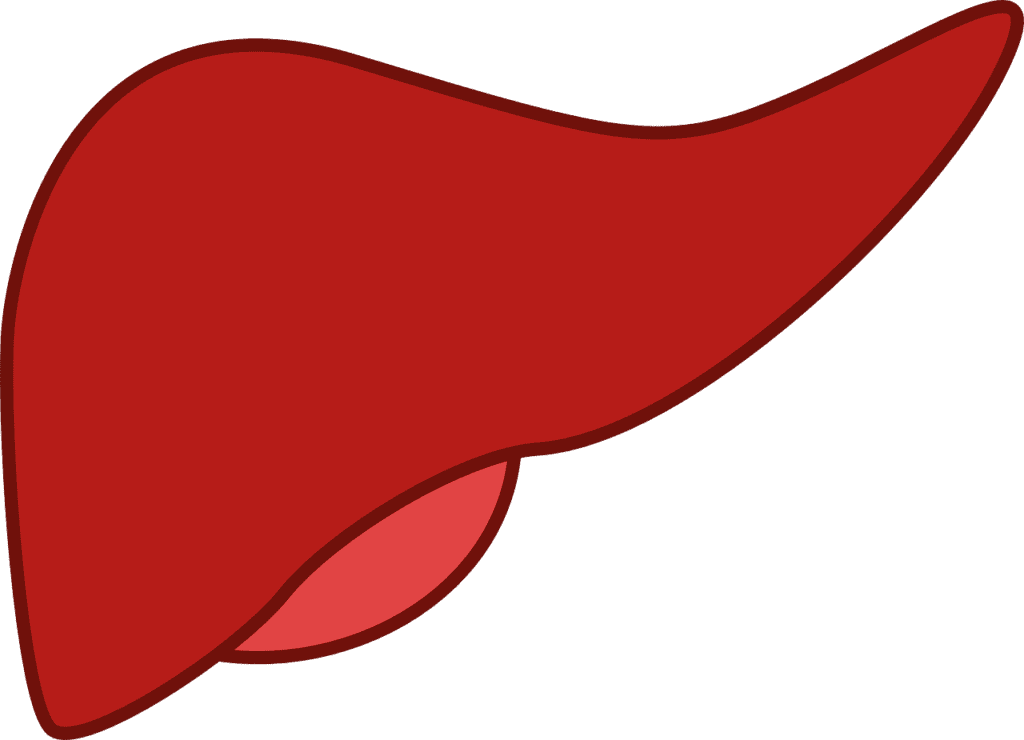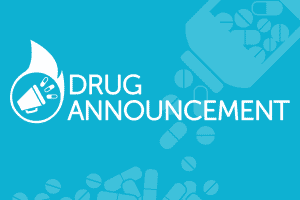It can be difficult to spur interest in rare disease drug development. Forty years ago, the Orphan Drug Act passed as a way to incentivize drug development within this space. Now, companies and therapies granted Orphan Drug designation earn incentives such as fee waivers, tax credits, and seven years of market exclusivity upon drug approval. This designation is granted to drugs intending to treat, prevent, or diagnose rare conditions, or conditions affecting fewer than 200,000 Americans. According to OncLive, the U.S. Food and Drug Administration recently granted Orphan Drug designation to YB-200 for the treatment of hepatocellular carcinoma (HCC).
YB-200 is a novel IgG1 antibody that targets CEACAM 1/5, part of the carcinoembryonic antigen family that have been tied to breast cancer, lung cancer, melanoma, and colorectal cancer. Says Ymmunobio about YB-200:
Our dual action lead asset overcomes resistance by directly co-stimulating immune cells. Along with instigating cell-to-cell communication, the antibody can also act as a checkpoint inhibitor disrupting the interaction of CEACAM1 on tumor and immune cells.
Preclinical data on YB-200 highlighted the therapy’s tolerability. In mice models of HCC, YB-200 also significantly reduced tumor growth, improved immune function, and increased tumor-fighting cells within the tumor microbiota.
Hepatocellular Carcinoma (HCC): What is It?
Although hepatocellular carcinoma is rare, it is the most common form of primary liver cancer. Doctors are unsure of the exact cause of HCC. However, there are a number of risk factors, including heavy alcohol consumption, hepatitis B or C, obesity, diabetes, or pre-existing liver conditions like cirrhosis. This cancer is often asymptomatic in early stages. This means that many people remain undiagnosed until the cancer progresses. When symptoms appear, they can include:
- Unintentional weight loss
- Appetite loss
- Abdominal bloating or swelling
- Fatigue and/or general weakness
- Nausea and vomiting
- Upper right abdominal pain, lump, or heaviness
- Pale, chalky bowel movements
- Dark urine
- Jaundice (yellowing of the skin and eyes)
Treatment options may include surgery, liver transplantation, cryoablation, percutaneous ethanol injection, radiation, or chemotherapy.








